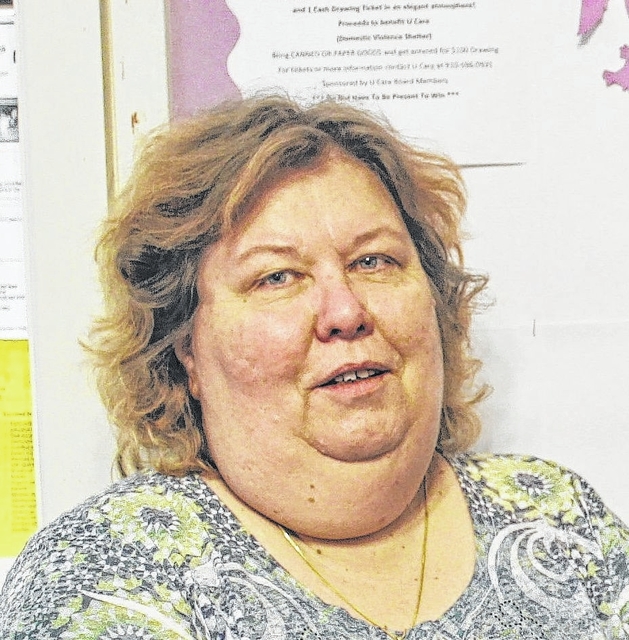
Recently, Gov. Pat McCrory singed legislation to give immediate protection for victims of domestic violence seeking protective orders by eliminating the need of recording equipment.
But according to local officials, it’s something that’s already occurred in the Sampson County court system. UCare Director Pamela Gonzalez said court officials knew it was going to slow down the process. The organization serves the area as a domestic violence and shelter protection program.
“They did it for a short period of time, but then they realized that it wasn’t going to work,” Gonzalez said regarding the emergency.
According to a news release, McCrory said domestic violence victims deserve the right to immediate protection. A barrier was the requirement to orally record hearings for “ex parte’ emergency protection orders, a required mandate by a Court of Appeals case. Ex parte refers to a proceeding where one of the parties has not been notified.
“The purpose of ex parte is to get the two parties separated to make sure they’re not hurt or any other family members or children,” she said. “It’s to get them separated before they can come before a district court judge.”
McCrory said this new law will eliminate a serious roadblock many victims faced when they filed for emergency protective orders. “The courts have been notified to remove this roadblock immediately so victims can get the emergency protection they desperately need,” the governor stated in a news release.
The mandate required that hearings had to be held in a courtroom where recording devices are available and not all district courtrooms have the equipment. For a secured courtroom, a court clerk is needed to operate the recording equipment and the opening requires a bailiff for security. Often, the additional requirements resulted in delays and diminished the effect of emergency protection.
“It was not financially feasible,” Gonzalez said regarding the process.
Gonzalez indicated that incidents regarding an ex parte situations with victims always receive immediate protection.
“This is not a big change for Sampson County, because Sampson County has already made that change early on,” she said about be proactive.
According to data provided by the North Carolina Council for Women, 55,274 victims received assistance through 106 domestic violence programs in 2013 and 2014. The local UCare numbers have not been released, but in November 2014, Gonzalez believed that about 1,200 would have been served by the organization by the end of the year.
As a result, judicial and domestic violence advocacy groups worked to eliminate the need for recording equipment. After McCrory signed the bill, the law went into effect immediately.
“No victim of domestic violence should have to wait for protection,” McCrory said. “I want to thank the Administrative Office of the Courts, the North Carolina Association of District Court Judges (NCADCJ) and the North Carolina Coalition Against Domestic Violence (NCCADV), and others for identifying this problem, and helping provide a legislative solution.”
Gonzalez believes it’s a good idea for courts throughout the state.
“It doesn’t make sense to do it any other way,” she said regarding the bill.
But she said the actual hearing after protection orders may require recording advices.
Judge William T. Hamby Junior, president of the NCADCJ, praised the governor’s quick action and support. He also believes the legislation will help law officials become more flexible and effective when it comes to providing immediate assistance for domestic violence victims.
“We are appreciative of the General Assembly’s efforts and the Governor’s support,” Hamby said.
Dana Mangum, executive director of the NCCADV, also praised of the collaboration between McCrory, lawmakers, the judicial branch and advocacy groups.
“(The previous decision) created delays and difficulty for domestic violence victims who rely on our state’s court system for protection,” Mangum said. “The North Carolina Coalition Against Domestic Violence was proud to work with the Administrative Office of the Courts to develop a statutory clarification that would eliminate these dangerous roadblocks to lifesaving protective orders. We commend the legislators and staff who worked to move House Bill 59 through the process as quickly as possible, and applaud Governor McCrory for immediately signing this crucial provision into law.”
